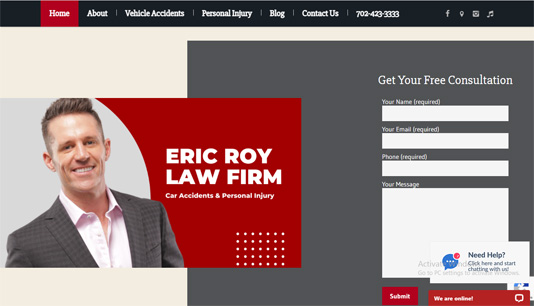The concept of “respondeat superior” in the context of tort law in Las Vegas, as explored through cases represented by the Eric Roy Law Firm, revolves around employer liability for the actions of their employees. This principle is especially pertinent in cases of intentional torts committed by employees.
A key case that sheds light on this subject is Wood v. Safeway, which involved a mentally retarded adult, Doe, who was sexually assaulted by Ronquillo-Nino, an employee of a cleaning subcontractor at Safeway. The legal action was aimed at establishing Safeway’s liability for Ronquillo-Nino’s actions. This case highlights the complexities of determining employer liability in instances of intentional torts, especially when the acts are committed by employees of independent contractors.
Under Nevada law, particularly NRS 41.745, an employer is not typically liable for harm caused by an employee’s intentional conduct unless certain conditions are met. These include the conduct being a part of the employee’s task, not being an independent act, and being reasonably foreseeable given the nature of the employment. The court in Wood v. Safeway found that Ronquillo-Nino’s acts did not meet these criteria, leading to the conclusion that Action Cleaning, as his employer, was not liable under NRS 41.745.
Another scenario that illustrates the application of “respondeat superior” is a case involving an employee, Jim, of Quickie-Mart, who committed battery against a customer, Jack. In this situation, the employer, Quickie-Mart, could be held liable under Nevada law if the employee’s actions were deemed to be within the scope of employment. This aligns with the ruling in Prell Hotel Corp. v. Antonacci, where the employer was held vicariously liable because the employee’s actions, although intentional, occurred within the scope of his assigned tasks.
These cases underscore the nuanced nature of employer liability in tort cases in Las Vegas, particularly when dealing with intentional torts by employees. The legal principles guiding these cases are intricate, requiring careful analysis of the specific circumstances, the nature of the employment, and the actions of the employee.
For more detailed insights into these legal principles and cases, you can explore the resources provided by the Eric Roy Law Firm on their website.
